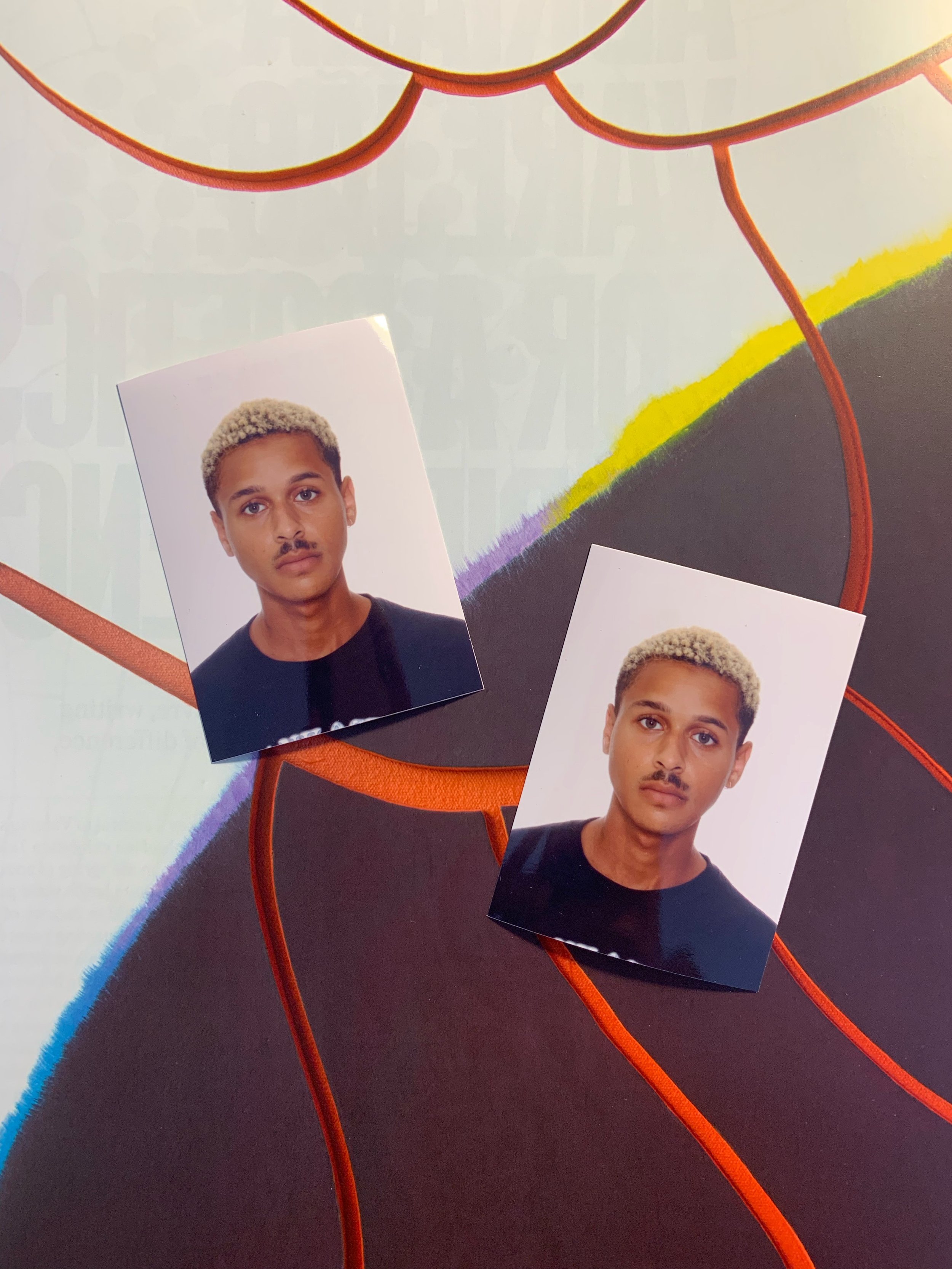Hi, I’m Connor Garel.
Currently, I’m a contributing editor at Dazed and the editor of Justsmile Magazine, an independent culture publication out of New York. My essays, profiles, interviews and reportage have been published in New York Magazine, The Globe & Mail, Canadian Art, and VICE, among others. I write about music, film, books, art, et cetera. I live in Toronto’s west end.
